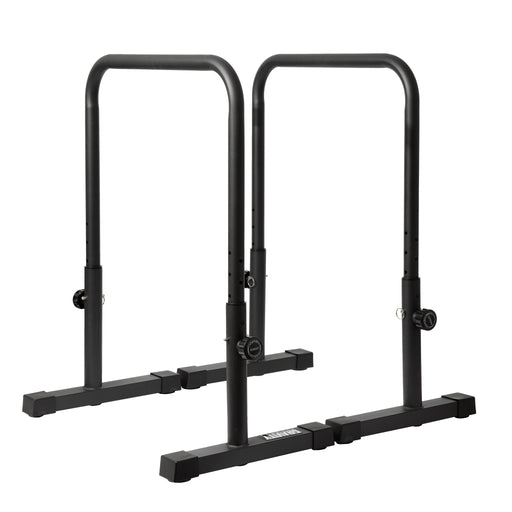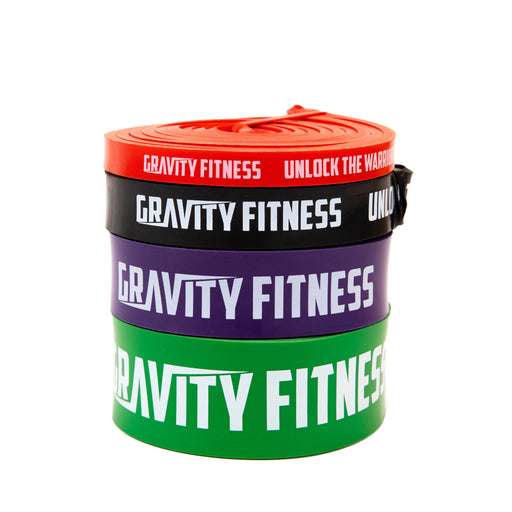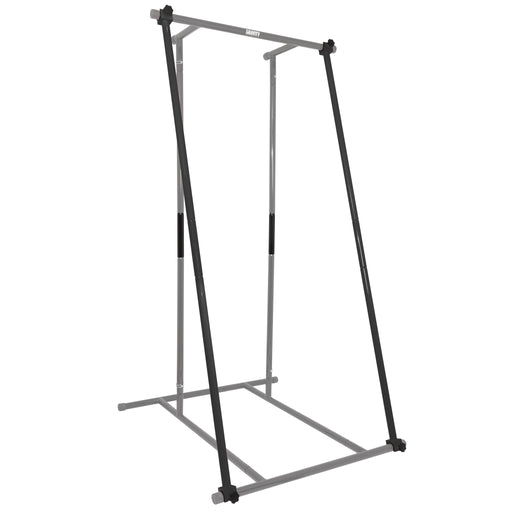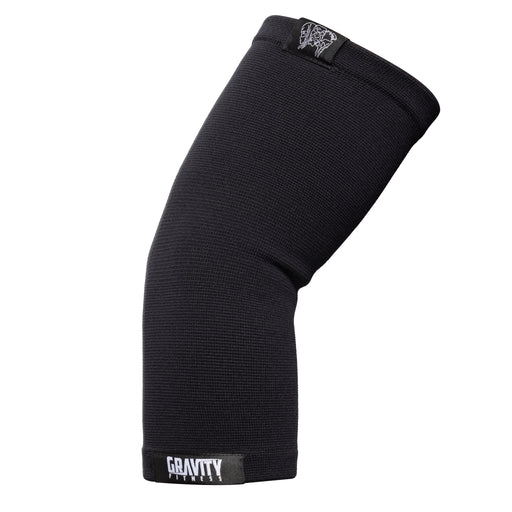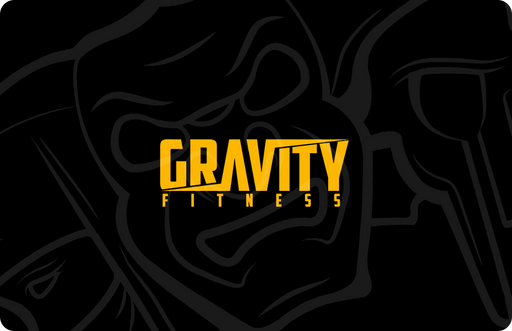The Benefits of Calisthenics on Mental Health & Well-being

With mental health awareness more prevalent than ever, with a combination of social, cultural and scientific contributions, which have helped our understanding of people’s well-being, we explore how calisthenics in particular can massively help with your emotional and mental state. With the advocacy from high profile fitness experts, media representation and advancements in neuroscience, it’s no mystery that regular exercise can boost your mood, not just in the short term, but for extended periods of time.
Calisthenic exercises, which involve using your own body weight for resistance have been proven to help with the following aspects of an individual’s quality of life.
- Endorphin Release: Physical activity, including calisthenics, stimulates the release of endorphins, which are natural mood lifters.
- Mindfulness: The focus required during calisthenic exercises promotes mindfulness, helping to reduce stress and anxiety levels.
- Dopamine and Serotonin: Regular exercise increases the levels of neurotransmitters like dopamine and serotonin, which can enhance mood and combat depression.
- Achievement: Mastering new moves and achieving fitness goals in calisthenics can boost self-confidence and self-esteem.
- Body Image: Improved physical fitness and strength can lead to a more positive body image.
- Brain Health: Physical exercise increases blood flow to the brain, promoting neurogenesis (the growth of new neurons) and improving cognitive functions like memory and learning.
- Focus and Concentration: The concentration required for complex calisthenic movements can translate to better focus in daily activities.
Don’t just take our word for it though. There have been many scientific papers which support the benefits of calisthenics exercise to mental health and well-being. For example, the American Journal of Psychiatry analysed several studies showing that physical activity reduces the symptoms of depression and anxiety, even showing better results than psychotherapy or medication with individuals with mild to moderate depression.
Additionally, a study published in Frontiers in Psychology examined the effects of physical exercise on cognitive function and concluded that regular physical activity is associated with improved cognitive performance and neuroplasticity, which are beneficial for mental health and cognitive aging. The Journal of Health Psychology also found that both aerobic and resistance training exercises, such as those performed in calisthenics, are associated with reductions in perceived stress and improvements in mental well-being .
Boost Mental Health with Calisthenics
The heightened focus on mental health is a result of these intersecting factors, leading to a more comprehensive understanding and approach to mental well-being over recent years. The collective efforts of individuals, communities, healthcare providers, and policymakers continue to drive progress in addressing mental health challenges and promoting overall well-being. We encourage anyone who might be questioning their mental health to take part in calisthenic exercises and reflect on how it can help them. But this is just one element in overall well-being and for more information, you can visit the Mental Health Foundation website. Stay fit on the inside and outside with Gravity Fitness and our range of calisthenics equipment.
References
Schuch, F. B., Vancampfort, D., Firth, J., et al. (2018). Physical activity and incident depression: a meta-analysis of prospective cohort studies. American Journal of Psychiatry, 175(7), 631-648.
Erickson, K. I., Hillman, C., Stillman, C. M., et al. (2019). Physical activity, cognition, and brain outcomes: A review of the 2018 evidence. Frontiers in Psychology, 10, 2339.
Rebar, A. L., Stanton, R., Geard, D., et al. (2015). A meta-meta-analysis of the effect of physical activity on depression and anxiety in non-clinical adult populations. Health Psychology Review, 9(3), 366-378.





















